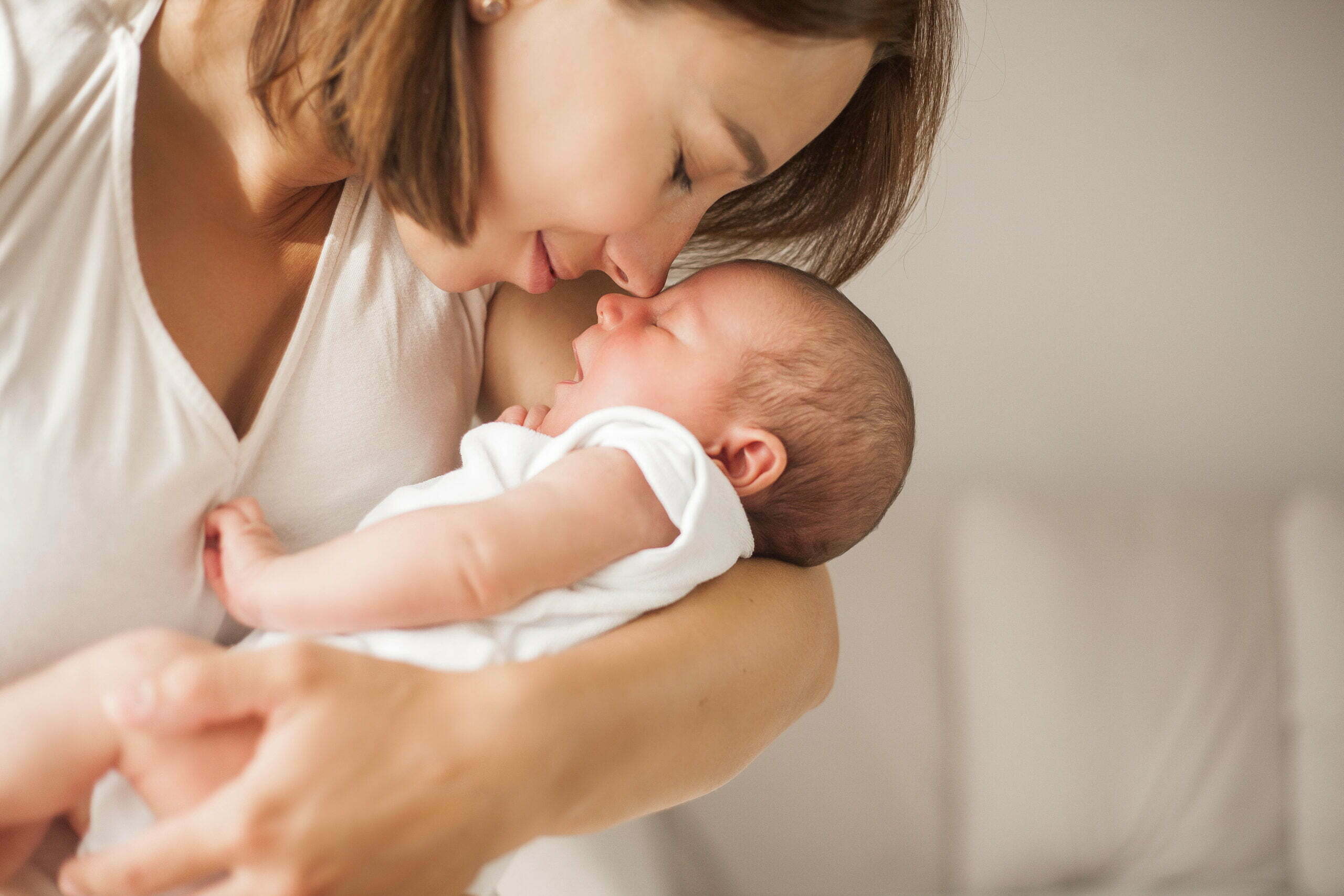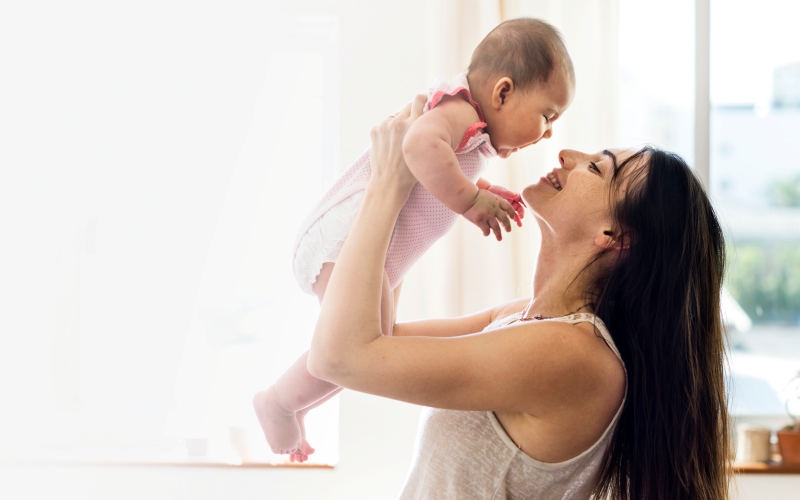In the intricate journey of postpartum recovery, navigating the path after childbirth requires a delicate balance of physical healing, emotional well-being, and nurturing both the newborn and oneself.
This article delves into essential aspects of postpartum care batu landak, offering guidance on physical recovery, emotional resilience, nutritional support, baby bonding, and self-care practices.
Join us as we explore the holistic approach to postpartum well-being, empowering individuals to navigate this transformative period with grace and confidence.

Physical Recovery
After childbirth, physical recovery is a crucial aspect that new mothers need to prioritize for optimal healing and well-being. The body undergoes significant changes during pregnancy and delivery, necessitating a period of focused recovery.
Adequate rest, proper nutrition, and gentle exercise can aid in the restoration of strength and overall wellness. It is essential for new mothers to listen to their bodies, understanding that recovery is a gradual process that varies for each individual.
Consulting healthcare providers for postpartum check-ups and guidance on postnatal exercises can support the recovery journey. Prioritizing self-care and seeking support from loved ones can also positively impact physical recovery, allowing mothers to navigate this postpartum phase with confidence and resilience.
Emotional Well-being
New mothers must prioritize their emotional well-being as part of their postpartum care journey, recognizing the importance of mental health alongside physical recovery. It is common for mothers to experience a range of emotions during this period, from joy and love to feelings of overwhelm and sadness. Seeking support from loved ones, healthcare providers, or mental health professionals can be crucial in navigating these emotional changes.
Self-care practices such as mindfulness, adequate rest, healthy nutrition, and engaging in activities that bring joy can also significantly impact emotional well-being. Remember, it is okay to ask for help and take time for yourself to process the emotions that come with new motherhood. Prioritizing emotional well-being is essential for a smoother transition into this new chapter of life.
Nutrition and Hydration
Prioritizing proper nutrition and hydration is fundamental for new mothers to support their physical recovery and overall well-being postpartum. A well-balanced diet rich in nutrients such as iron, calcium, and vitamins is crucial for replenishing the body after childbirth. Including foods like leafy greens, lean proteins, whole grains, and fruits can aid in boosting energy levels and promoting healing.
Hydration is equally essential, as breastfeeding and the demands of caring for a newborn can lead to increased fluid requirements. Drinking an adequate amount of water throughout the day is key to maintaining hydration levels and supporting milk production.
Consulting a healthcare provider or a nutritionist can help new mothers create a personalized postpartum nutrition plan tailored to their specific needs.

Baby Care and Bonding
During the early postpartum period, establishing a strong foundation for baby care and bonding is essential for nurturing the parent-child relationship. New parents often find comfort in developing routines that cater to their baby’s needs while also creating opportunities for bonding.
Simple gestures like skin-to-skin contact, cuddling, and maintaining eye contact during feeding times can help strengthen the emotional connection between parent and baby. Additionally, engaging in activities such as reading, singing, or gentle massages can foster a sense of security and attachment.
Responding promptly to the baby’s cues for comfort and nourishment can further enhance the bond between parent and child, laying the groundwork for a loving and secure relationship.
Self-care Practices
Establishing a routine that prioritizes self-care practices is crucial for new parents navigating the postpartum period. This ensures they maintain their physical and emotional well-being while caring for their newborn.
Simple self-care practices such as taking short breaks when needed, staying hydrated, eating nourishing meals, getting quality sleep whenever possible, and seeking support from loved ones can make a significant difference in how parents cope with the challenges of new parenthood.
Engaging in mindfulness activities, gentle exercises like walking, or even just finding moments to relax can also help reduce stress and promote overall well-being. By making self-care a priority, new parents can better meet the demands of caring for their newborn while also looking after themselves.
Conclusion
In conclusion, postpartum care is essential for women after childbirth. It involves focusing on physical recovery, emotional well-being, nutrition and hydration, baby care and bonding, and self-care practices. By prioritizing these aspects, new mothers can navigate the challenges of the postpartum period with greater ease and support.
It is crucial for healthcare providers to educate and support women during this delicate time to promote overall well-being and a smooth transition into motherhood.


Be the first to reply